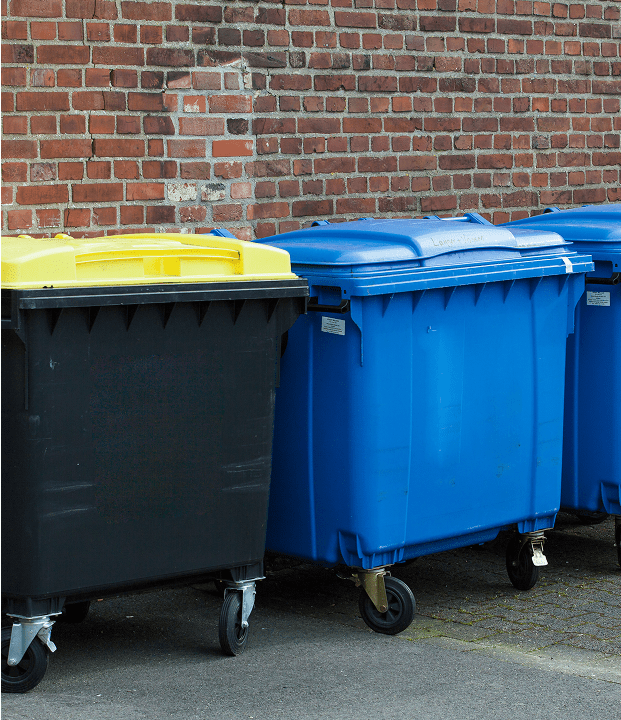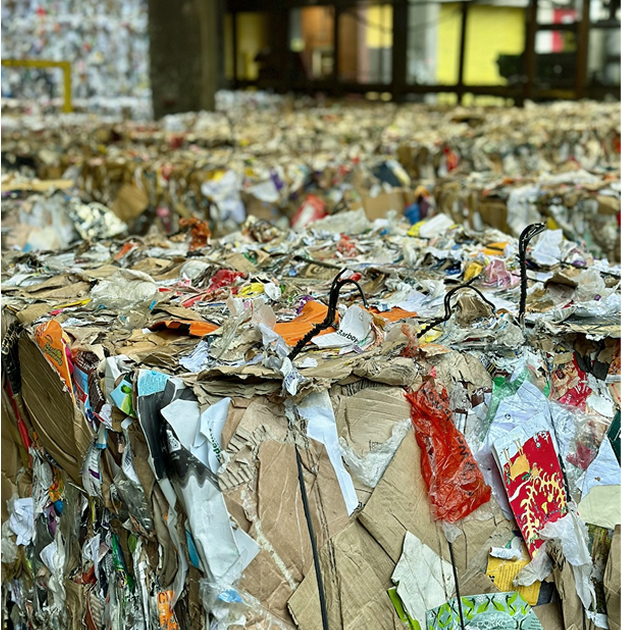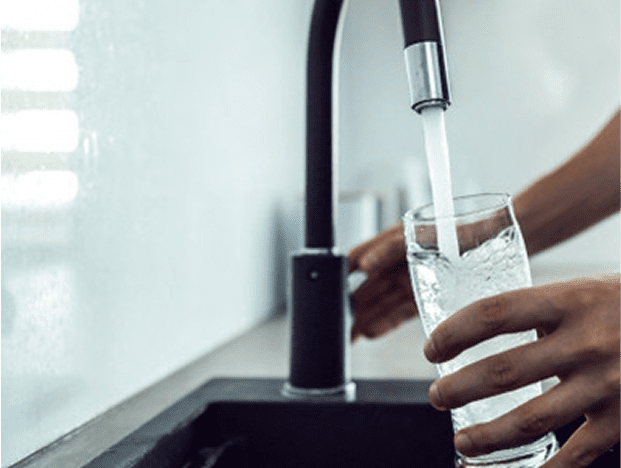Overall Sustainability Strategy
Everflow’s mission is to make sustainable business services simple for SMEs while creating jobs people love. We are committed to improving environmental and social sustainability, both in the markets we operate and globally.
We were the first water company to sign the Climate Pledge to meet Net Zero by 2040 and we have clear science-based targets to achieve this. We publish our performance annually against our plan to meet them.
We already offset emissions associated with our supply chain and our customers’ use of our water, waste and telecoms services.However, our greatest emissions come from purchased goods and services from third parties. We therefore have a responsibility to support and encourage suppliers to follow plans to reach Net Zero too.
Everflow is also committed to helping our SME customers reduce their environmental impact by reducing their consumption of utilities (energy, water and materials which end up as waste). Ideally, we can do this in a way that is financially attractive.We are a Living Wage employer and require modern slavery policies, environmental policies and Health & Safety certificates from all our suppliers, which we keep on file.

Background To Our Waste Business
When we started a new waste collections business from scratch in 2022, we needed to quickly build up our supply chain to serve the whole of the UK, because our customers were nationwide.
Not all waste providers were willing to work with us at this early stage. This meant that, at first, we were unable to be selective beyond the basic legal requirements.
In 2024 the waste part of the business became profitable, and we launched our 2030 company vision and our sustainability (ESG) strategy. This highlighted the importance of ensuring that our waste suppliers are as sustainable as possible.
In addition, government law and regulation on waste (while slow) are increasing. So, to future proof our waste business, and lead the way in the sector, we ensure our suppliers are actively planning to provide all relevant future services on time and encourage them to go beyond the legal requirements.

Additional emissions are avoided when recycled materials are used to make new products, replacing the need to mine and abstract virgin resources.
If waste is not stored correctly, it can cause environmental and health hazards. In addition, transporting waste abroad can have many environmental and social impacts, including chemical and plastic pollution, and health risks from mismanaged waste.
Therefore, waste carriers and processors must by law provide valid waste transfer certificates which we can share with customers.

Working with our supply chain
As we grow our market share, we will increase our requirements for our suppliers to become more sustainable. This will provide certainty that they need to change.
We will develop a green tick mark to help inform customers of the suppliers who exceed our sustainability standards at the point when they select their preferred supplier.
When we achieve 10% market share[1], we will only onboard new suppliers and renew supplier contracts who meet or exceed our minimum sustainability standards.

As we work with many SMEs and micro suppliers, we will provide sustainability education and support (calculators, training, templates) to those that need it, to enable them to achieve our tick mark.
We will do this by researching the market regularly and passing on best practice tips to smaller suppliers.
Working with SME customers to reduce waste
We already advise businesses to reduce their waste in ways that reduce their waste charges, such as diverting waste from landfill by separating recyclables and food waste from general waste. This makes doing the right thing more attractive and maximises customer action.
Decreasing our own operational waste
We aim to achieve less than 5% of our own office waste to landfill and less than 20% to incineration by 2030, and at least a 75% recycling rate in 2025. We are already largely paperless offices, where our printers rarely get used. We will work towards buying no single use products by 2030.
In 2024, we will record the baseline audit of our office waste, so that we can monitor progress against this strategy.

Reduce and reuse
Our procurement policy will ensure that choosing reused, refurbished, repurposed or recycled products and materials with minimal packaging is prioritised over buying new products made from virgin materials. This particularly applies to bulky items with the most longevity, such as furniture and laptops which can contain Persistent Organic Pollutants. When we dispose of materials, we will apply the same hierarchy of preferences to ensure they are not wasted.
Refills
Where possible, we will refill hygiene and food products rather than buy new packaging each time. We will remove handtowels from washrooms where there are electric hand dryers by 2025 and investigate sustainable alternatives to plastic pens.
Recycling
At our offices, we will separate waste into all streams that can be (and need to be) collected that way, because they can’t be separated at processing centres. We will ensure contamination is avoided and waste separation is maintained on route to depots. Where possible, we will partner with neighbouring businesses to share collections to make this more affordable for all.
Food and packaging waste
We will plan catering and waste disposal for events carefully to avoid food and packaging waste, i.e. preferring glassware, crockery and cutlery to be washed up rather than using disposable versions. We will book food reuse providers (e.g. food bank, Refuse, Company Shop) ready to collect any leftovers while they are still edible. Where this isn’t possible, we will separate food waste and ensure it is used for composting or in Anaerobic Digestion (AD) plants.
Hot drinks and breakfasts
We will monitor and compost all tea bags, coffee grounds and food waste from our offices, and encourage and enable employees to do this at home.
Home working
Most of our employees work partially from home, and not all local authorities collect all waste streams separately. Therefore, we will educate and encourage our employees on how to reduce home waste and provide collection points at our offices for materials that local authorities do not collect from household doorsteps, e.g. batteries.

2030 Targets
- Increase our customers’ recycling rate from their assumed 50% UK average to 75%.
- Most of our waste customers to take up separate dry recycling and food waste collections from us, when they produce these waste streams.
- Decrease customers’ waste per SPID going to incineration by 20%.
2025 Targets
- Employee bins, comms and signage for separate waste streams in Q1.
- Office waste supplier to start monitoring weights collected by stream in Q1.
- At least 50% waste from offices recycled by end of 2025 and < 25% sent to incinerators or landfill.
- All tea, coffee and food waste to be composted or anaerobically digested by 2026.
- No single use products purchased for catering, events or office supplies by 2026.
Customers in the food processing industry may be taking part in WRAP initiatives such as the UK Plastics Pact to increase recycling and Courtauld Agreement to reduce water use by 2030, so could have increased reporting requirements.



